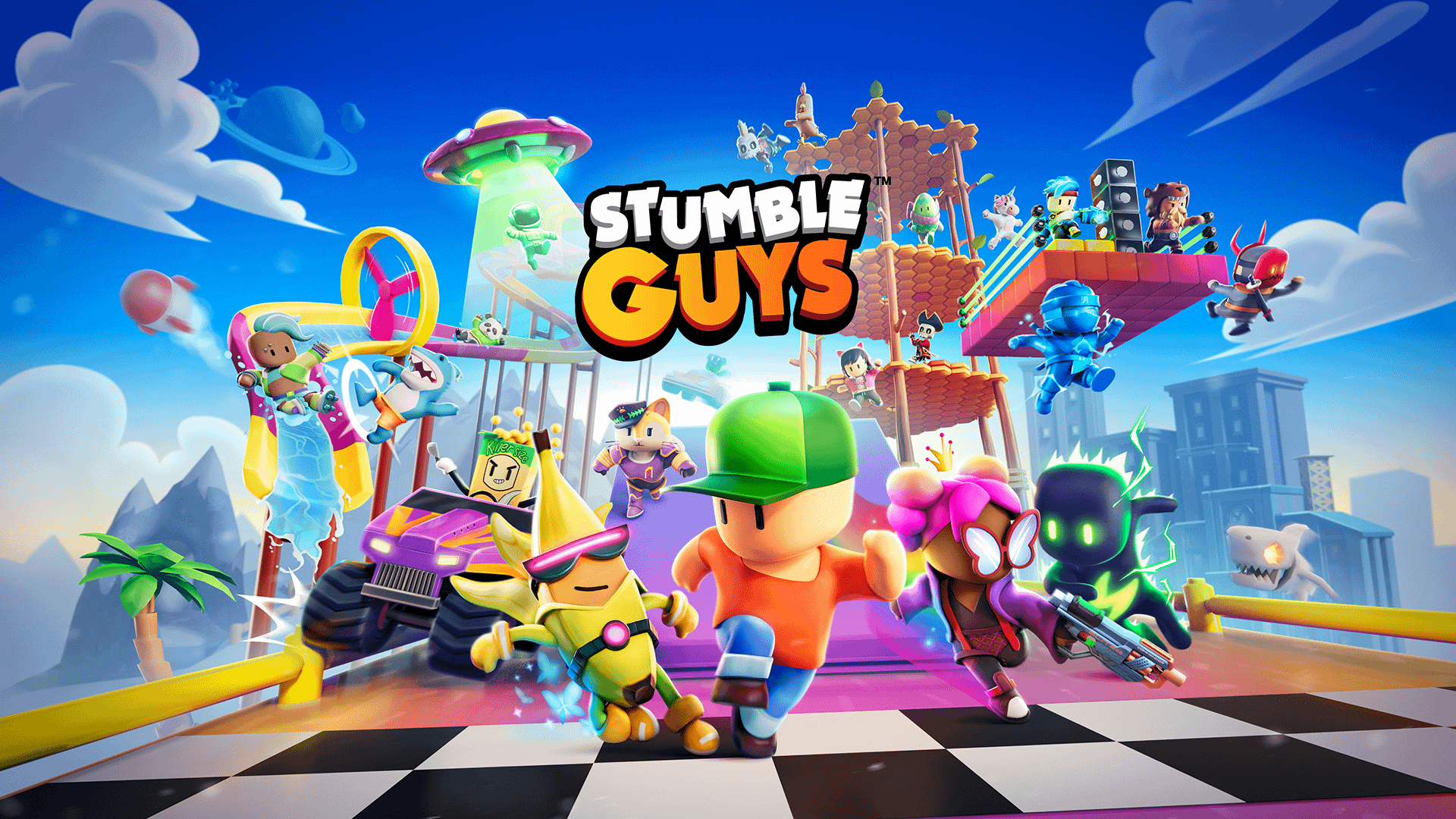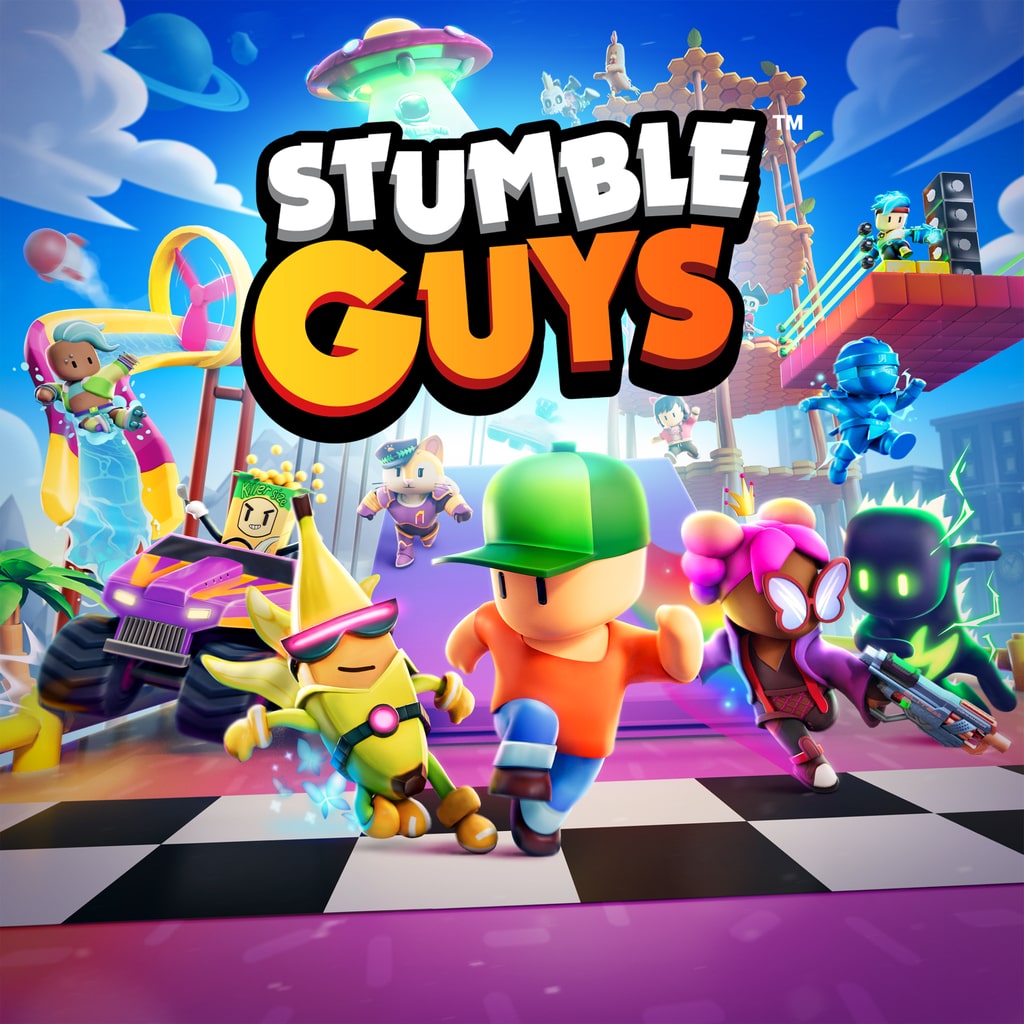Hey there, folks! So, you’ve stumbled upon this article about "guys." You might be thinking, "What’s so special about such a simple word?" Well, buckle up because we’re about to explore the fascinating world of "guys" and why it’s become such a staple in modern communication. Whether you’re calling out to your friends, colleagues, or even strangers, "guys" has become the go-to term for addressing a group of people. But what makes it so universal? Let’s find out.
You might not realize it, but "guys" has a rich history that dates back centuries. Originally used to refer specifically to men, it has evolved into a gender-neutral term that’s widely accepted across cultures. Today, it’s not just about addressing a group of dudes; it’s about creating an inclusive and casual environment where everyone feels welcome. And hey, isn’t that something we all want in our daily conversations?
Now, you might be wondering why we’re diving so deep into this seemingly ordinary word. The truth is, language evolves, and understanding how words like "guys" are used can give us insight into societal norms and cultural shifts. Plus, it’s just plain interesting to see how something so simple can carry so much weight in our communication. So, let’s get started, shall we?
Read also:Madison Marsh The Rising Star In The Spotlight
What Exactly Are "Guys"?
Let’s break it down. The term "guys" originated in the 19th century as a colloquial way to refer to men. Over time, its usage expanded to include women and mixed-gender groups, making it one of the most versatile terms in the English language. But what does it really mean when we say "guys"? Is it just a lazy way to address a crowd, or is there more to it?
In today’s world, "guys" serves as a bridge between formality and casualness. It’s a way to acknowledge a group without being too stiff or too informal. For example, saying "Hey, guys!" is a lot less awkward than trying to come up with a more specific greeting. It’s practical, efficient, and gets the job done without making anyone feel left out.
How "Guys" Became Gender-Neutral
Back in the day, "guys" was strictly for men. But as society became more inclusive, the word naturally adapted to fit modern sensibilities. Studies show that the majority of English speakers now use "guys" as a gender-neutral term. In fact, a survey conducted by the Linguistic Society of America found that 70% of respondents had no issue with using "guys" to address mixed-gender groups.
- Language evolves with time, and "guys" is no exception.
- Its adaptability has made it a favorite in casual and professional settings alike.
- It’s a word that transcends gender, age, and even cultural boundaries.
The Cultural Significance of "Guys"
Let’s talk about the cultural impact of "guys." From sitcoms to social media, this word has become a staple in pop culture. Think about it—how many times have you heard characters in TV shows or movies casually throw out a "Hey, guys!"? It’s everywhere, and for good reason. It’s relatable, easy to say, and instantly connects people.
But it’s not just about convenience. "Guys" also reflects our changing attitudes toward gender roles and inclusivity. By using it as a gender-neutral term, we’re acknowledging that language doesn’t have to be rigid or exclusive. It can evolve to meet the needs of a diverse and dynamic society.
Why "Guys" Works in Modern Communication
In today’s fast-paced world, effective communication is key. And "guys" fits the bill perfectly. Here’s why:
Read also:Katherine Cunningham The Rising Star Of Modern Times
- It’s short and sweet, making it ideal for quick conversations.
- It’s versatile enough to work in both casual and semi-formal settings.
- It promotes inclusivity by avoiding gender-specific language.
So, whether you’re in a boardroom or at a barbecue, "guys" is your go-to term for addressing a group. No wonder it’s become so popular!
Common Misconceptions About "Guys"
Despite its widespread use, "guys" isn’t without its critics. Some people argue that it’s not truly gender-neutral or that it undermines efforts to create more inclusive language. While these concerns are valid, they don’t necessarily reflect the reality of how "guys" is used today.
For instance, a study published in the Journal of Sociolinguistics found that most women don’t feel alienated by the term "guys." In fact, many prefer it over more formal alternatives. It’s all about context and intention. When used with respect and understanding, "guys" can be a powerful tool for fostering connection and community.
Addressing the Critics
Let’s tackle some of the common criticisms head-on:
- Claim: "Guys" excludes women. Reality: Most women don’t see it that way and use it themselves.
- Claim: It perpetuates outdated gender norms. Reality: Its evolution shows that language can adapt to changing times.
- Claim: There are better alternatives. Reality: While options like "folks" or "y’all" exist, "guys" remains the most widely accepted term.
At the end of the day, it’s about finding a balance that works for everyone. And right now, "guys" seems to be doing just fine.
Using "Guys" in Different Contexts
Now that we’ve established what "guys" means and why it’s important, let’s look at how it’s used in various settings. From casual hangouts to professional meetings, "guys" has a place in almost every conversation. Here’s a breakdown:
1. Casual Conversations
When you’re chilling with friends or family, "guys" is the perfect way to grab attention. It’s friendly, approachable, and gets the point across without any fuss. For example:
- "Hey, guys, what’s up?"
- "Guys, we need to figure out dinner plans."
2. Professional Settings
Believe it or not, "guys" can work in the workplace too. While it might not be appropriate for high-stakes meetings, it’s great for team brainstorming sessions or casual office chats. For instance:
- "Alright, guys, let’s go over the agenda."
- "Guys, I need your feedback on this proposal."
3. Online Communication
In the digital age, "guys" has found a home in text messages, social media posts, and even emails. It’s a quick and easy way to address a group without sounding too formal or too casual. Examples include:
- "Hey, guys, check out this article!"
- "Guys, let’s meet up later tonight."
The Psychology Behind "Guys"
Why do we gravitate toward "guys" so much? The answer lies in psychology. Humans are wired to seek connection and belonging, and "guys" provides a simple way to create that sense of community. It’s a word that makes people feel seen and heard, even in large groups.
Research shows that using inclusive language like "guys" can actually improve group dynamics. It fosters collaboration, reduces tension, and encourages open communication. Who knew a little word could have such a big impact?
Building Better Relationships Through Language
By choosing words like "guys," we’re not just communicating; we’re building relationships. Here’s how:
- It creates a sense of camaraderie and teamwork.
- It breaks down barriers and makes conversations feel more natural.
- It shows that we value inclusivity and respect diverse perspectives.
So, the next time you use "guys," remember that you’re doing more than just addressing a group—you’re fostering connection and understanding.
Alternatives to "Guys"
Of course, "guys" isn’t the only option out there. Depending on the situation, you might want to consider other terms. Here are a few alternatives:
- Folks
- Y’all
- Team
- Everyone
While these words can be great in certain contexts, they don’t quite have the same universal appeal as "guys." That’s why it remains the top choice for many people.
Choosing the Right Word for the Right Situation
Ultimately, the best word is the one that fits the moment. If you’re in a formal setting, "team" or "everyone" might be more appropriate. But for everyday conversations, "guys" is hard to beat. It’s all about finding the right balance between formality and friendliness.
The Future of "Guys"
As language continues to evolve, so will the role of "guys" in our communication. While some critics may push for alternatives, it’s clear that "guys" isn’t going anywhere anytime soon. Its versatility, inclusivity, and widespread acceptance make it a valuable part of modern English.
That said, it’s always good to stay open to new ideas and trends. Who knows? Maybe in a few years, we’ll have a new favorite term that’s even better than "guys." But until then, let’s keep using it with respect and intention.
Embracing Change While Keeping Tradition
The beauty of language is that it’s constantly growing and adapting. By embracing words like "guys," we’re not just preserving tradition; we’re also paving the way for a more inclusive future. It’s a win-win situation!
Final Thoughts
So, there you have it—a deep dive into the world of "guys." From its origins to its cultural significance, this little word has a lot to offer. Whether you’re using it to greet friends, address colleagues, or engage with strangers online, "guys" is a powerful tool for building connections and fostering community.
Now, it’s your turn to join the conversation. Leave a comment below and let us know how you feel about "guys." Do you love it? Hate it? Think there’s a better alternative? We’d love to hear your thoughts!
And don’t forget to share this article with your—well, guys! The more people we reach, the better. Thanks for reading, and see you in the comments!


